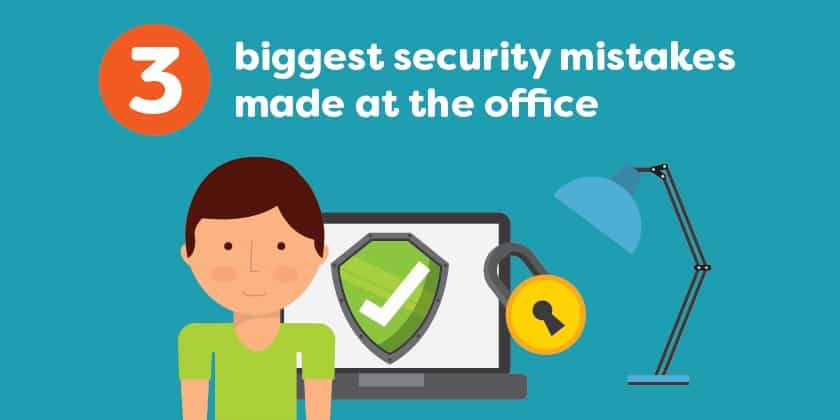
What is tailgating?
Often known as ‘piggybacking’, it starts out innocently – an employee holding a door open for others (visitors without badges, or someone in uniform appearing to be a worker.) It may seem like a harmless gesture and probably something you do without thinking twice about it, but tailgating is one of the most common security breaches that can happen in your office.
It’s easy to assume this individual is an employee or a contractor and this is the reason these attempted breaches are often successful. Fraudsters know that it will make employees uncomfortable to confront strangers or deny them access, especially if it’s a large organisation with part time staff or contractors. But it’s important to be aware of your surroundings and question anything you find suspicious because the shocking reality is that crime can be committed by someone you didn’t even know was in your building.
If a fraudster gains access, their intent is usually to steal hardware or information by gaining access to the company’s internal systems. This could be diabolical to your organisations reputation which is much worse than simply asking to see someone’s ID or to sign into the building.
What can you do to prevent tailgating?
Your role is to ensure only authorised personnel can access the premises. It’s important that you don’t let anyone into your building who doesn’t have authorised access by remaining alert and challenging a suspected tailgater when necessary.
– Always be aware of anyone following you through a door. Politely greet them and escort them to their correct location.
– Have appropriate procedures for anyone who works in your building. (Electronic passes/ identification cards for employees, sign guests in and out.)
– Don’t hold the door for anyone and don’t expect them to hold the door for you.
Watch our eLearning tailgating trailer here to see if you could spot a tailgater.

Having an ‘untidy’ desk doesn’t necessarily mean the leftover wrappers from lunch. The other things you have laying around your desk such as passwords scribbled on sticky notes, login details left in notepads, important client information stored away in an unlocked drawer – these are also features of an ‘untidy desk’ and much more damaging to you and your businesses reputation. Ask yourself: How valuable is this information I hold? And how can I protect it?
– Always lock your computer before you leave your seat. An unlocked computer means that anyone can gain access to important information and files.
– Never EVER write your passwords down or share them with anyone else. Keep them out of sight in a secure location and remember to change them regularly.
– Any information you have on paper, keep it locked away in a secure location and if you no longer need it, shred it.
Everyone seems to believe that the information they hold isn’t valuable, but that couldn’t be further from the truth. The information you hold could be all a fraudster needs to gain access to confidential information. Always keep a clear desk and don’t leave anything laying around for a criminal to steal.

One of the biggest mistakes you can make in the office is not backing up your work. This might seem obvious to save your work regularly, but have you thought about where you should save it and how often? Being conscious of this will be beneficial if you’re ever faced with a ransomware attack or an unexpected computer crash.
– Always work from a shared network in the event that you are the victim of a ransomware attack. You will then have peace of mind knowing all your important documents are safe.
– Never completely rely on your computer. All technology can malfunction now and then, so make sure to regularly save your work as you go to avoid losing an important project or report. You should be saving your work often throughout the day so if the worst were to happen you’d have the latest version.
Read more:
5 Benefits of eLearning for your Employees



